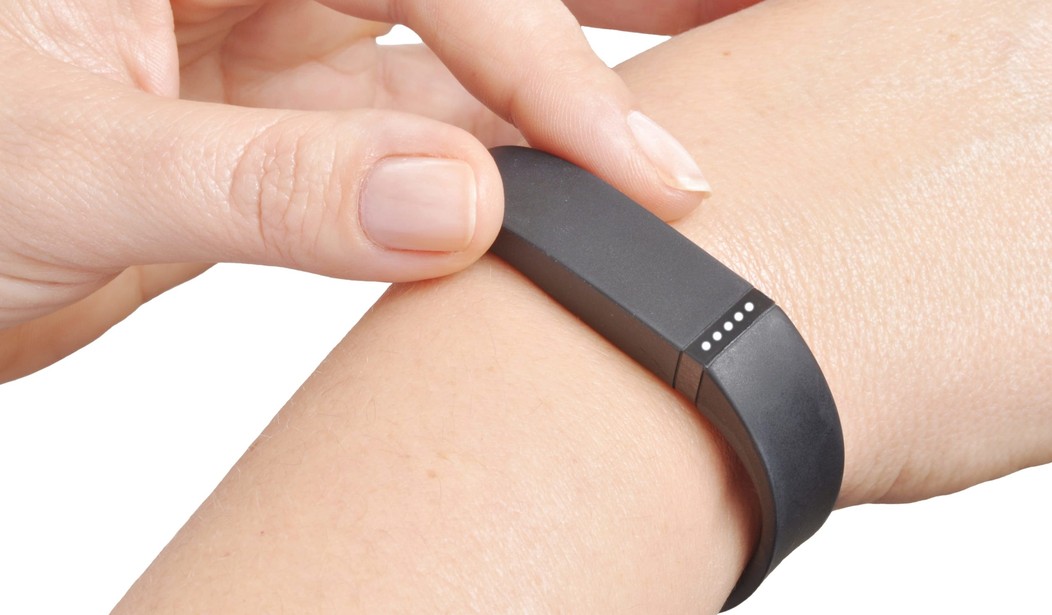Fitness trackers, for many who wear them, remind people to take a certain number of steps in a given day. There’s nothing like feeling that undeniable buzz on your wrist, alerting you to the fact that you’ve walked 10,000 steps. But it doesn’t stop there. Countless people engage in competitions with friends and coworkers to see who can walk or run the most in a week. People even track food intake, glasses of water consumed, hours slept, and calories burned.
One feature of some fitness trackers, like Fitbit, takes the information it provides the wearer to yet another level: it tracks heart rate and pulse.
For one woman in Harwinton, Conn., this particular feature probably saved her life.
73-year-old Patricia Lauder had been ill with a sinus infection and possible pneumonia. While waiting to hear back about recent test results, she noticed that she felt overexerted while performing basic tasks. When she consulted her Fitbit’s heart rate tracker (and its history of her heart rate that it had logged over time), she noticed that her resting heart rate was far higher than it should have been. Her normal beats per minute hovered around 60-70, while her recent count went far over 100.
According to CNN,
“I just couldn’t wait anymore. Something else had to be done, which is why I called the ambulance — which turned out to be a good thing,” Lauder said.She dialed 911 and was taken to the emergency department at UConn John Dempsey Hospital in Farmington. During the ride, first responders confirmed what the device on her wrist had been telling her. They measured her heart rate above 140 beats per minute while she was lying down.“When I got to the hospital, they did a series of tests and found that I had blood clots in both lungs,” Lauder said.
In Lauder’s case, the blockage in both lungs caused her heart to work significantly harder to continue circulating blood. “My heart had enlarged to about 65% beyond its (normal) capacity,” Lauder said.“Because of the clot, initially, the pressure in her right ventricle was very dilated and not functioning well,” said Dr. JuYong Lee, director of vascular and endovascular medicine at UConn Health Calhoun Cardiology Center.
“I think the Fitbit actually helped her decide whether or not this was a serious condition at that time,” Lee said. He noted that several of his patients wear fitness trackers, but in this situation, it could have been life-saving.“This condition is very critical,” he said, “and she may have actually died if she had not sought medical attention.”








Join the conversation as a VIP Member